Lib MP Gladys Liu a fan of accused China spy Di Sanh Duong
The man who became the first person charged under foreign interference laws is prevented under bail conditions from having contact with Australian politicians.
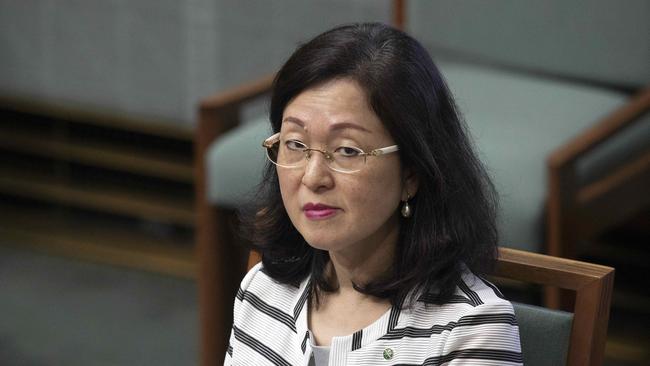
The Melbourne man who in November became the first person charged under Australia’s foreign interference laws is prevented under his bail conditions from having any contact with Australian politicians.
Di Sanh Duong, 65, also known as Sunny Duong, was charged with preparing an act of foreign interference for China.
He was praised this year as “inspiring” by Victorian Liberal backbencher Gladys Liu, and appeared alongside then acting immigration and multicultural affairs minister Alan Tudge at a press conference in June to announce a $37,000 donation to the Royal Melbourne Hospital on behalf of his community group, the “Oceania Federation of Chinese Associations” to help with coronavirus research and preparation.
The Weekend Australian can reveal Mr Duong’s bail conditions stipulate that he must not contact “any Australian elected official except through a legal representative”, “any consulate or embassy or any staff member of any consulate or embassy”, or “any foreign intelligence agency or staff member of any foreign intelligence agency”.
Mr Duong was represented at his November 5 bail hearing by legal aid lawyer Glenn Cooper and required a Vietnamese interpreter. He faces a maximum penalty of 10 years’ imprisonment if convicted.
While on bail, he must surrender his passport and other travel documents, is not permitted to possess more than one mobile phone and must report twice weekly to Box Hill police station in Melbourne’s east. He is next due to appear in the Melbourne Magistrates Court for a committal mention hearing on March 11.
When Mr Duong became the first person charged under the National Security Legislation Amendment (Espionage and Foreign Interference) Act 2018, AFP Deputy Commissioner Ian McCartney said his alleged conduct struck at “the heart of our democracy”.
The Counter Foreign Interference Taskforce, led by ASIO and the AFP, carried out a year-long investigation into Mr Duong’s relationship with a foreign intelligence agency, and search warrants were carried out across Melbourne on October 16.
Mr Duong has Vietnamese and Chinese heritage; his Oceania federation is a globally linked group for Chinese people from Vietnam, Cambodia and Laos that is understood to have ties to the Chinese consulate and Chinese Communist Party’s United Front Work Department.
In 2016, its Australian arm participated in a march organised by the CCP in Melbourne to oppose the UN Convention for the Law of the Sea tribunal decision on South China Sea.
In an Australian Strategic Policy Institute report, published almost a month after Mr Duong’s November arrest, Ms Liu praised the Oceania federation.
“When it comes to demonstrating their pride in Australia, multicultural communities have really stepped up to the plate in delivering support during difficult times this year,” she wrote. “Another inspiring example was reported in June, when the Oceania Federation of Chinese Organisations … presented the Royal Melbourne with a donation of more than $37,000 for the hospital’s COVID appeal.”
Ms Liu’s office said the comments had been written in August, but she made no attempt to change or remove them after Mr Duong was charged.
Mr Duong was until recently on the board of the Museum of Chinese Australian History in Melbourne, alongside former Daniel Andrews adviser Mike Yang, who also has United Front links.


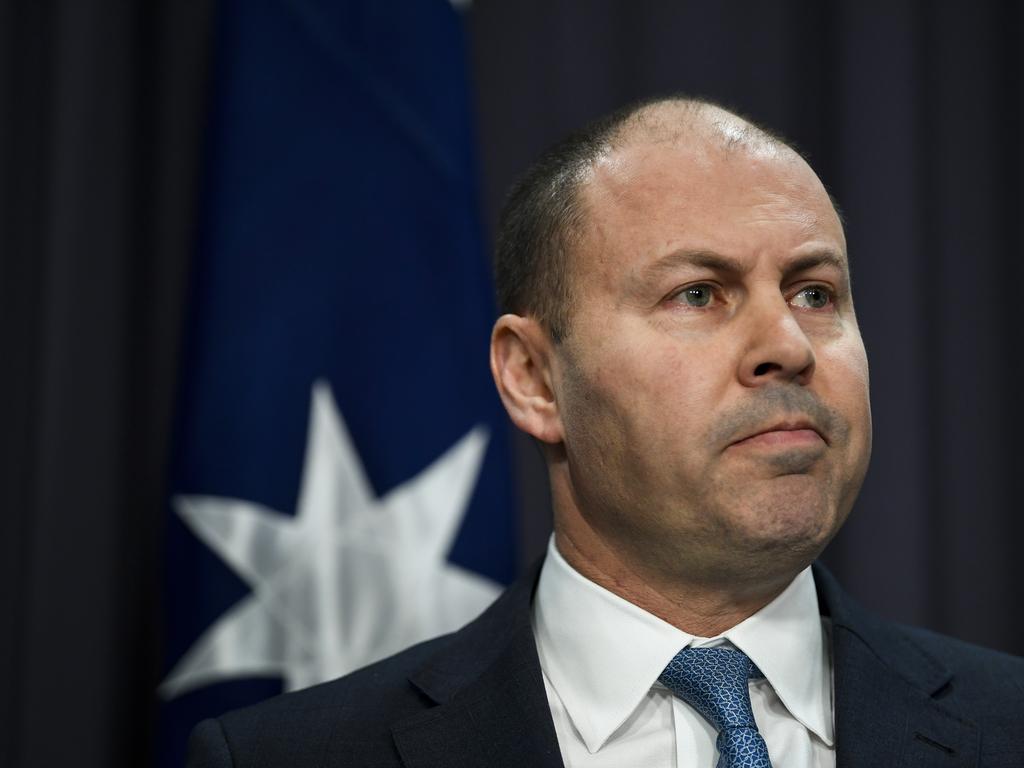
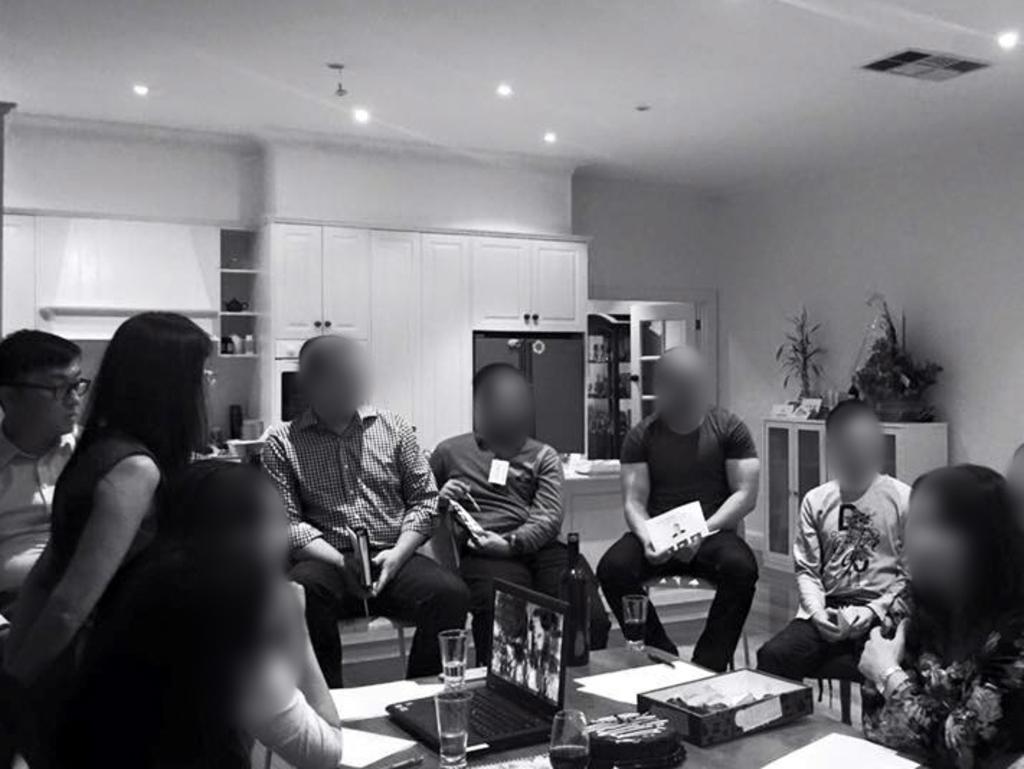
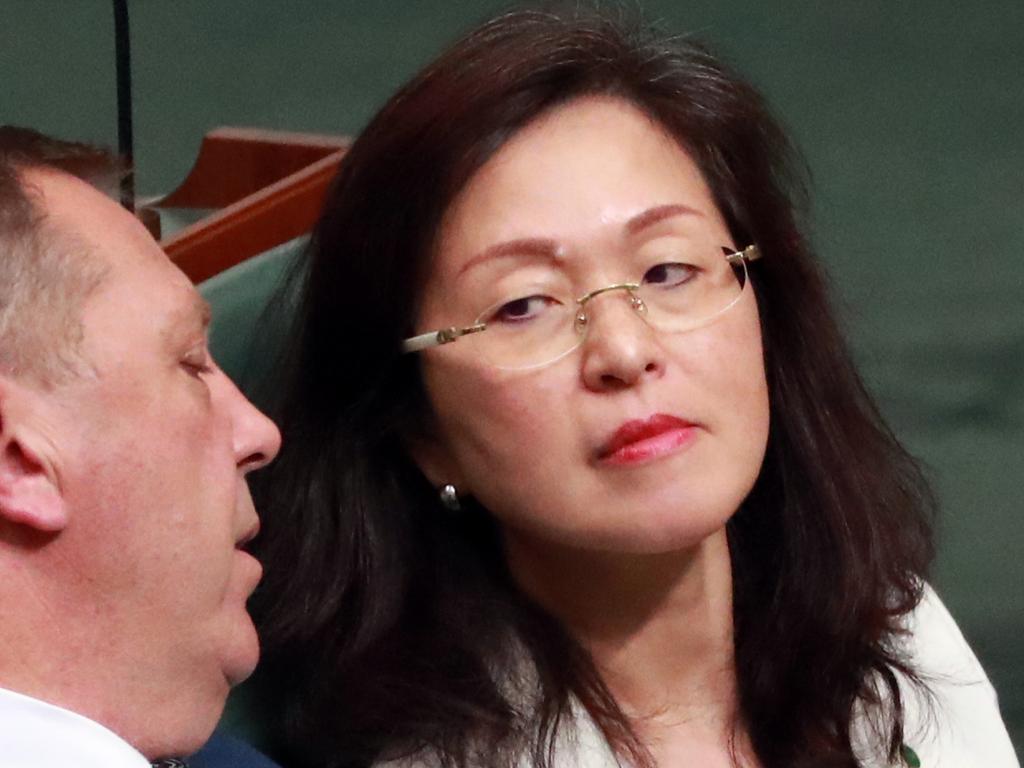
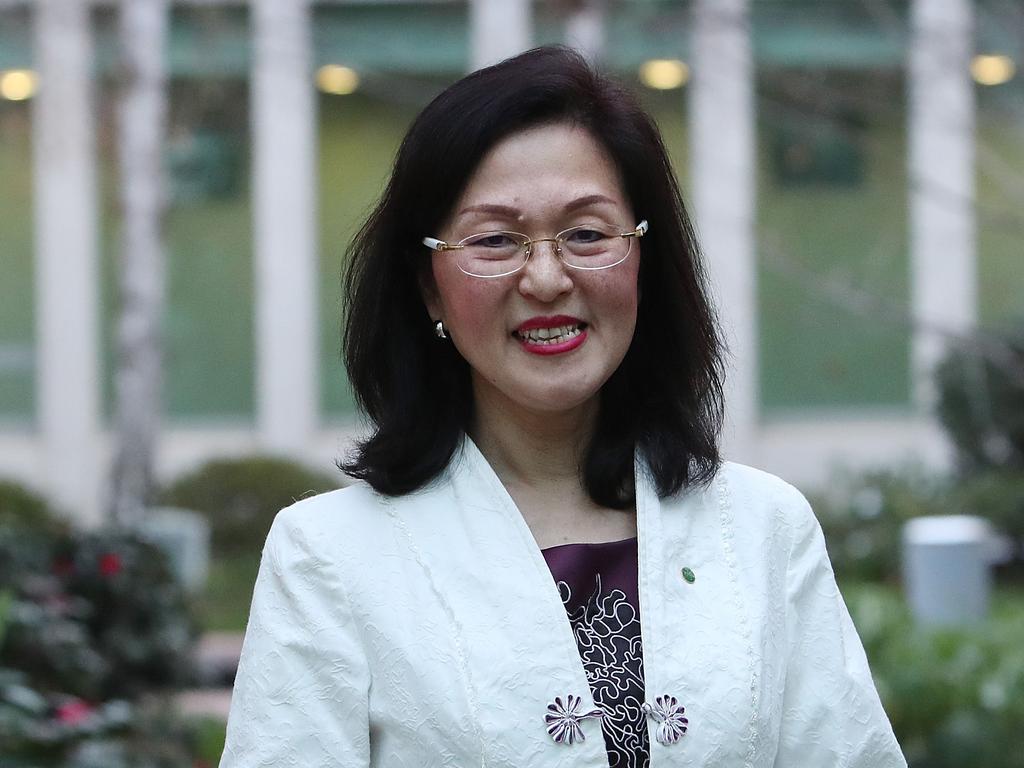


To join the conversation, please log in. Don't have an account? Register
Join the conversation, you are commenting as Logout